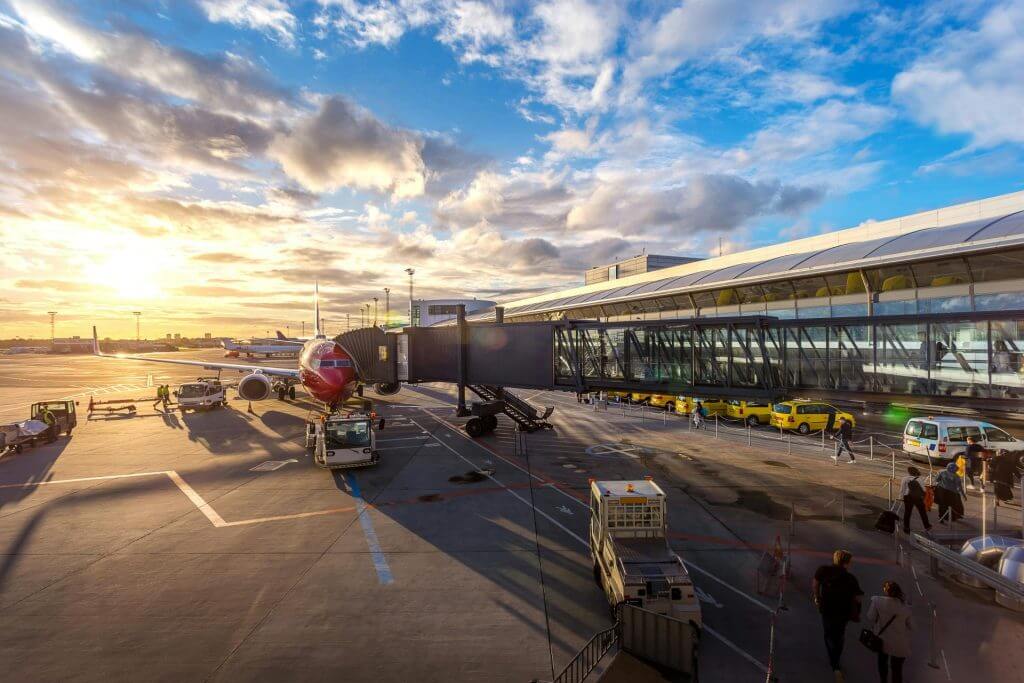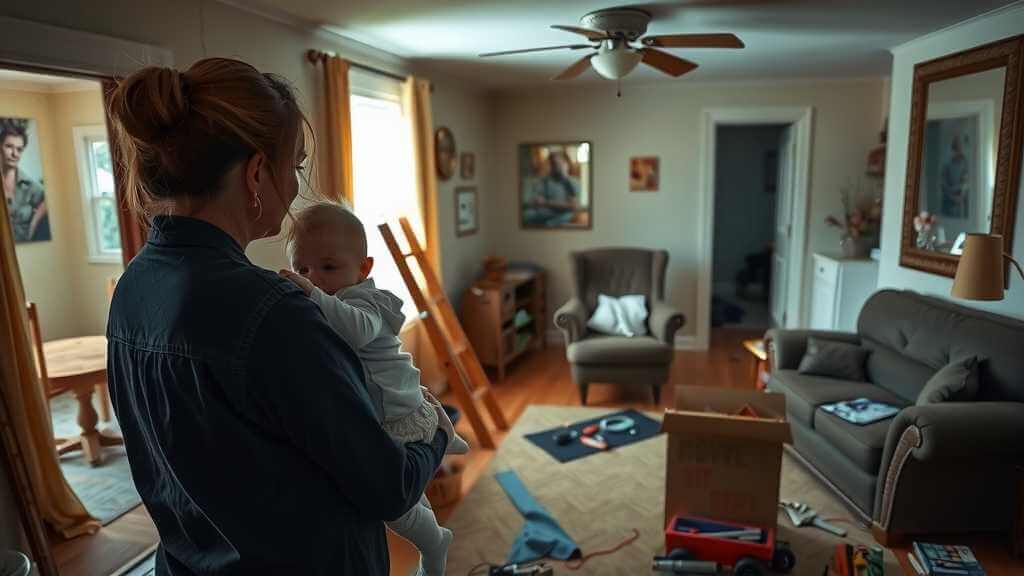The timing of a green card petition for a sibling can be a mystery to many migrants as several factors are mixed in, such as the preference category, the preference categorythe place in the visa bulletin, etc. For this reason, today we will discuss the year in which sibling-to-sibling petitions are being processed, their processing deadlines and what to do in the event of a delay.
An application for a green card through a family petition is a long and complex process. That is why it is important to have an immigration lawyer who will be with you every step of the way. At Zava Immigration Law Group we can help you. Talk to an attorney and secure your family’s future today.
Table of Contents
How long does it take to petition for a sibling in the USA?
Unfortunately, the processing time is long, averaging between 16 and 24 years. This is due to the limited availability of Immigrant Visas and the large number of applicants under the F-4 Category. It should also be noted that USCIS takes at least 5 years to adjudicate the Form I-130. However, the actual waiting time is determined by the Department of State’s Visa Bulletin, which also monitors immigrant visa categories.

In what year are the brother-to-brother petitions?
Let’s see then what year the sibling-to-sibling petitions and the rest of the family immigration cases. In the following table you will find all the information corresponding to May 2024:
| Category | All Cargo Areas Except Those Listed | China (mainland born) | India | Mexico | Philippines |
| F1 | 08JUL15 | 08JUL15 | 08JUL15 | 15OCT01 | 01MAR12 |
| F2A | 01JUN21 | 01JUN21 | 01JUN21 | 08NOV20 | 01JUN21 |
| F2B | 01ABR16 | 01ABR16 | 01ABR16 | 01MAR04 | 22OCT11 |
| F3 | 01JAN10 | 01JAN10 | 01JAN10 | 22JUL99 | 01AGO02 |
| F4* | 22JUL07 | 22JUL07 | 15JAN06 | 22JAN01 | 08SEP03 |
| *Note: Brother requests correspond to category F4. | |||||
Remember that this does not indicate that you will receive your green card immediately, but that you can take the next step in your immigration process. Therefore, it is best to consult with an attorney on how to proceed. At Zava Immigration Law Group we can help you. Tell us your case and secure your family’s future in the United States.
What factors may be hindering my request for a sibling?
Some factors may hinder your request for a sibling. Therefore, here are some of the most common mistakes in this application:
- Incomplete or Incorrect Documentation: Failure to provide all required documents or providing incorrect information may delay or result in the rejection of the application.
- Lack of Evidence of Sibling Relationship: Failure to provide adequate proof of sibling relationship, such as birth certificates or legal documents, may be grounds for rejection of the application.
- Failure to Meet Eligibility Requirements: If the applicant does not meet all eligibility requirements, such as having U.S. citizenship or permanent residency, his or her application may be denied.
- Failure to Keep Current on Immigration Policies: Failure to keep abreast of changes in immigration policies and visa requirements could lead to the filing of an incorrect or incomplete application.
- Failure to Follow Processing Instructions: Failure to follow the specific instructions provided by the immigration authorities for processing the application may result in delays or additional problems.
- Failure to Provide Complete and Accurate Information at the Interview: During the visa interview, providing incomplete and inaccurate answers to the consular officer’s questions may raise doubts about the applicant’s eligibility.
- Failure to Meet Deadlines: Failure to submit the application within the deadlines or to respond to requests for additional information within the deadlines may result in denial of the application.
Any of these factors could delay or even truncate your sibling petition. Therefore, it is best to seek the assistance of an immigration attorney. At Zava Immigration Law Group, our professionals will guide you every step of the way, avoiding costly mistakes. Talk to a lawyer and take the first step to help your loved ones.
Do geographical differences affect processing times?
Yes, geographic differences can affect the processing times of a sibling request. These may vary depending on the workload of USCIS or the consulate where the application is filed. In addition, local policies and procedures may influence the speed of the process.

Therefore, it is best to consult with an immigration attorney for estimated processing times. A professional can help you navigate through this complex process to bring your sibling into the country legally and safely. Don’t risk your family’s future. Contact us and take the first step towards your American dream.
Useful tips and strategies to avoid delays
As we have already seen, the processing time for a sibling request is extremely long. Therefore, here are some tips to avoid delays:
- Thorough Preparation: Be sure to collect and submit all required documents completely and accurately from the beginning. This could save you future requests for additional documentation, which are a common cause of delays in sibling requests.
- Regular Follow-Up: Stay informed on the status of your application and any relevant updates on processing times. Responding to any request from USCIS or the consulate/embassy promptly and accurately is critical to avoid delays.
- Deadline Compliance: Be sure to file your application within the established deadlines and meet any deadlines provided by the immigration authorities. This could not only save you from delays, but also avoid problems that could truncate your application.
- Policy Knowledge: Keep abreast of updated immigration policies and procedures to avoid errors or problems related to changes in regulations.
Nothing replaces the assistance of an immigration attorney. A professional can help you follow all the steps of the process correctly, avoiding mistakes and unnecessary delays. Don’t risk your family’s future. At Zava Immigration Law Group we can help you. Tell us your case and help your loved ones achieve their American dream.
Sibling to sibling petition application process
The application process for a sibling-to-sibling petition can be summarized in the following steps:
Step 1: File Form I-130
Complete and file Form I-130 (Solicitud de Petición para un Familiar Extranjero), selecting the “Sibling” option in the “Relationship” section. Providing accurate details about the relationship and all required biographical information is important.
Step 2: National Visa Center
After submitting the Form I-130 to USCIS, wait for approval. This process can take 2 to 5 years or even longer, depending on several factors. Once approved, proceed to the National Visa Center (NVC).
Step 3: Submit an Affidavit of Support
At the National Visa Center (NVC), submit the affidavit of support along with all other required documentation. If you have siblings under the age of 21, be sure to comply with the requirements of the Child Status Protection Act (CSPA).
Step 4: Entry to the U.S.
If the petition is approved, an immigrant visa will be issued to your brother. It is crucial that he enters the U.S. before the visa expires, otherwise, it may be necessary to repeat the process.
Step 5: Wait for the Green Card
Once your brother is in the country, wait for the issuance of the Green Card or Permanent Resident Card, which will be mailed to the address provided on the form to the USCIS.

Please note that, in certain instances, USCIS may request additional documentation or schedule an interview. For this reason, it is advisable to have a lawyer to guide you. At Zava Immigration Law Group, we are here to help you. Contact us and take the first step to help your loved ones.
Are there ways to speed up the sibling petition process?
Yes, you can expedite the sibling petition process through an expedited review of your Form I-130. To do this, you must submit a formal written appeal to USCIS along with supporting evidence, such as medical documents, financial statements, or letters regarding financial hardship or humanitarian situations.
What are the typical timeframes for processing a sibling petition?
Typical processing times for a sibling petition can take between 2 and 5 years or even longer. This depends on a number of factors, such as USCIS workload, the applicant’s country of origin, and other individual circumstances. It is important to be prepared for delays and to closely monitor the progress of the application.
What factors can affect the processing time of a sibling request?
Factors that can affect the processing time of a sibling application include:
– USCIS workload
– Visa availability
– Possible changes in immigration policies
– Incomplete or incorrect documentation
– Need for additional interviews
– Complexity of the case
In addition, geographic differences and specific eligibility requirements may influence processing times.
What can I do if my sibling request is taking longer than expected?
If your sibling petition is taking longer than expected, you can contact USCIS to check its status or request an expedited review of your Form I-130. In either case, it is important that you keep detailed records of all documentation submitted.
Are there legal services or advice available to help with the sibling petition process?
Yes, at Zava Immigration Law Group, our legal services can help you obtain U.S. residency by family petition. No matter which family member is involved, our professionals can provide you with the legal assistance you need to help your loved ones. Contact us and take the first step toward a green card.
Conclusions
The sibling petition is a legal remedy to help close relatives obtain permanent immigration status. However, the process is extremely lengthy and any errors could cause undesirable delays and problems, putting your application at risk.
Therefore, it is extremely important to consult with an immigration attorney to accompany you throughout the process. Don’t risk your family’s future by taking on the system on your own. At Zava Immigration Law Group we can help you. Talk to an attorney today and give your loved ones a future in the United States.
Sources
USCIS – How to Bring Siblings to Live in the U.S. as Permanent Residents
USCIS – I-130, Petition for Alien Relative Petition
USCIS – I-485, Application to Register Permanent Residence or Adjust Status
Other resources
How to Apply for Permanent Residency for a Family Member, Step by Step
I-130 Family Petition: What You Should Know
How To Cancel An I-130 Petition Step By Step
Wife To Husband Family Petition: Complete Guide To 2024
Sibling-to-Sibling Family Petition: Requirements, Steps & More
How To Start On The Road To U.S. Citizenship
Form N-400: Road To Citizenship
Consular Processing: A Step-by-Step Detailed Guide
Exploring the Different Categories of Family Residency in the U.S.






